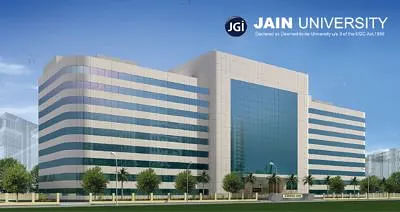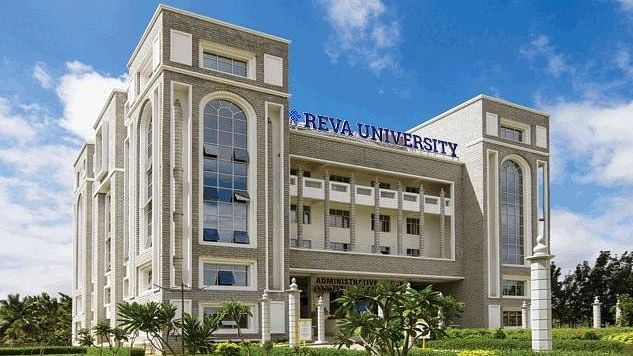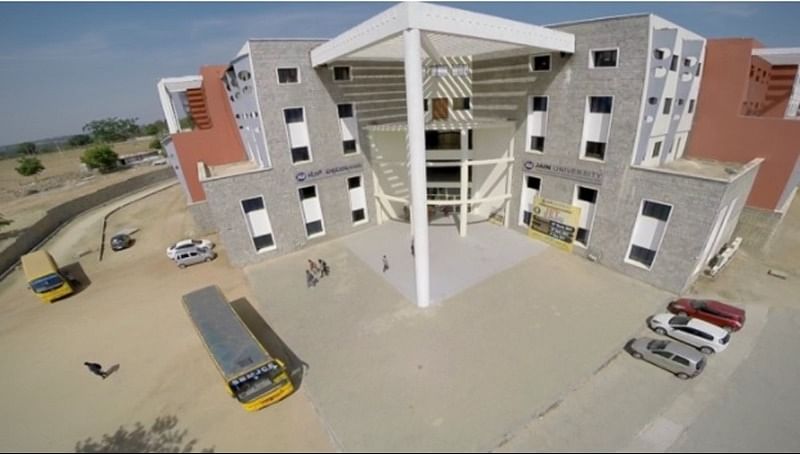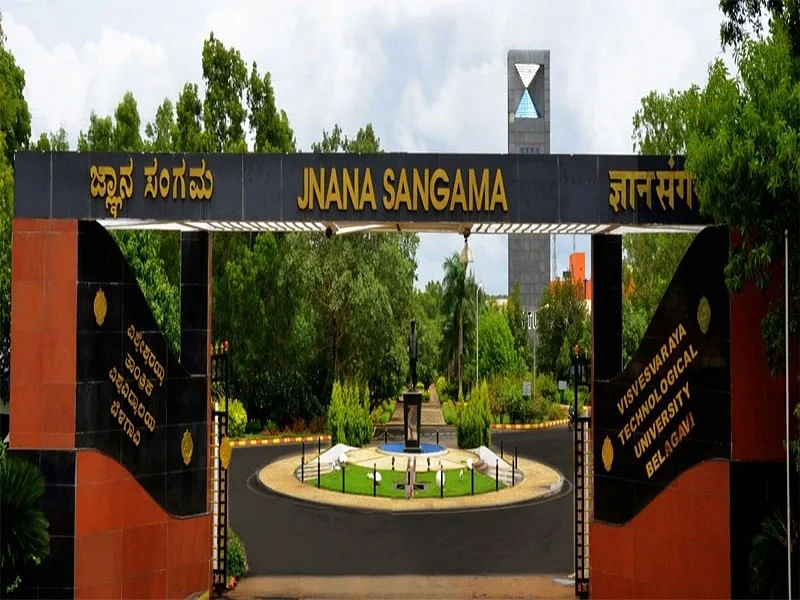B.Tech Information Science Engineering Syllabus and Subjects

B.Tech Information Science Engineering syllabus focuses on managing information apart from focussing on computational techniques and informational Analysis. The subjects are designed in a sequential order to first enhance the aspirants with basic engineering concepts and move onto applied Information Science engineering in data and information handling. The Information Science syllabus consists of subjects such as:
- Mathematics
- Hardware, Operating systems
- Systems Software
- Application software
- Networking, Programming languages
- Design and analysis of algorithms
- decision support systems
- Database Management
- File Structures
- ERP (Enterprise Resource Planning)
- MIS (Management Information System)
Semester Wise B.Tech Information Science Engineering Syllabus
In the B.Tech Information Science Engineering course, students will learn how to design, create and implement software applications to solve real-world problems. They will explore concepts such as IoT and its applications, Object-Oriented Concepts, Software Testing, and more.
The table below shows the B.Tech Information Science Engineering curriculum, which provides a deeper understanding of its B.Tech Information Science Engineering course elements.
|
SEMESTER I |
SEMESTER II |
|
Technical English |
Computer-Aided Engineering Drawing |
|
Engineering Mathematics– I |
Technical English-2 |
|
Engineering Physics |
Digital Logic and Microprocessor |
|
Basic Electrical and Electronics Engineering |
Engineering Physics |
|
Computer Programming( C/ C++) |
Mathematics-2 |
|
Computer Programming Laboratory |
Application-based Programming in Python |
|
Physics laboratory |
Computer-Aided Engineering Drawing Lab |
|
Engineering Mechanics |
Digital Logic and Microprocessor |
|
- |
Python Programming Laboratory |
|
SEMESTER III |
SEMESTER IV |
|
Computer Architecture |
Design and Analysis of algorithms |
|
Database Management Systems |
Graph Theory and Combinatorics |
|
Electronic Circuits |
Mathematics-4 |
|
Object-Oriented programming |
Software Engineering |
|
Mathematics-3 |
Operating System Principles |
|
Data Structures |
Java Programming |
|
Programming Laboratory |
Computer Organization |
|
Database Management Systems Laboratory |
Design and Analysis of algorithms |
|
Electronic Circuits Laboratory |
Computer Lab |
|
SEMESTER V |
SEMESTER VI |
|
Big Data Technologies |
Cryptographic and Network Security |
|
Computer Networks |
Web Programming |
|
Automata Theory and Computability |
Data Mining |
|
Department elective-1 |
Department Elective 2 |
|
Open Elective 1 |
Department Elective 3 |
|
Financial & Business Analytics |
File Structure |
|
Computer Networks lab |
Software Testing Lab |
|
Systems Software Laboratory |
Web Programming lab |
|
Electives Lab |
Computer Networks Lab |
|
Systems Software |
- |
|
SEMESTER VII |
SEMESTER VIII |
|
Information Retrieval and Storage |
Department Elective 6 |
|
Information Systems |
Department Elective 6 |
|
Machine Learning |
Final Project |
|
Software Architecture |
Comprehensive Viva Voce |
|
Department Elective 4 |
- |
|
Department Elective 5 |
- |
|
Software Architecture Lab |
- |
|
Machine Learning Lab |
- |
|
Electives Laboratory |
- |
B.Tech Information Science Engineering Subjects
B.Tech Information Science Engineering subjects are classified as core and elective. Students can choose elective subjects based on their interests, career scopes, or future education goals.
Core Subjects:
- Computer networking
- Software engineering
- File structures
- Systems software
- Computer organization
- Operating system
- Hardware
- Application software
- Design and Analysis of algorithms
- ERP
- MIS
Elective Subjects:
- Operations Research
- Compiler Design
- Data Compression
- Pattern Recognition
- Computer Graphics and Visualization
B.Tech Information Science Engineering Course Structure
The B.Tech Information Science Engineering curriculum is designed to provide technical and practical knowledge in Information Science and their applications and major specializations based on which students can branch out. The course structure is:
- VIII Semesters
- Core and Elective subjects
- Internship
- Project Submission
B.Tech Information Science Engineering Teaching Methodology and Techniques
The B.Tech Information Science Engineering teaching methodology and techniques impart quality education in Information Science Engineering by using modern teaching methods like using technologically advanced equipment. Some of the teaching techniques and methodologies are listed below:
- Tests
- Assignments
- Practical Sessions
- Group Projects
- Seminars
- Group Discussions
- Workshops
B.Tech Information Science Engineering Projects
B.Tech Information Science Engineering is a four-year graduate course in which the aspirants have to do a project in the final year.
Popular B.Tech Information Science Engineering projects are:
- Voice-based Email for the Blind
- Automated Robot for Military System (ARMS)
- Unique ID (UID) Management System Project
- Online Voting Using Bluetooth Enabled Mobile Phone.Wi-Fi Based Mobile Quiz
B.Tech Information Science Engineering Reference Books
Listed below are important books which can be used for reference in the course B.Tech Information Science engineering are:
|
Books |
Authors |
|
Visual Information Representation, Communication, and Image Processing (Optical Science and Engineering) |
Ya-Qin Zhang |
|
GNSS Markets and Applications (GNSS Technology and Applications) |
Len Jacobson |
|
Market-Oriented Technology Management: Innovating for Profit in Entrepreneurial Times |
Fred Y. Phillips |
|
Programming in C & C++ |
S S Khandare |


















